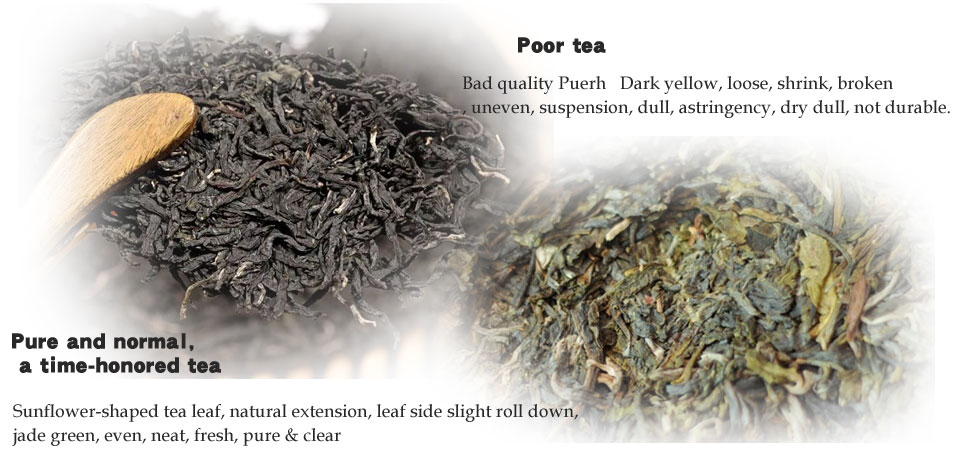This blog post will guide you through the factors to consider when selecting a domestic helper and provide interview tips and questions to ask to ensure you make the best choice for your family.However, with the development of the industry, maid services Singapore It will also bring us more and more consumer experiences, so that users can really feel the upgrade and change. https://1achieve.net
ESSENTIAL KNOWLEDGE
Bryan
8/3/20246 min read
Factors to Consider When Selecting a Domestic Helper
1. Experience and Skills
Consider the domestic helper¨s experience and skills relevant to your household needs. This includes:
Childcare: If you have young children, look for a helper with experience in childcare, including feeding, bathing, and educational activities. A helper with specific experience in handling infants, toddlers, or school-aged children can be particularly beneficial. Inquire about their familiarity with safety protocols, such as CPR and first aid, to ensure they can handle emergencies.
Elderly Care: For households with elderly members, a helper with experience in elder care, such as assisting with mobility, medication, and companionship, is essential. Helpers trained in handling dementia or chronic illnesses can provide specialized care that significantly improves the quality of life for elderly family members.
Housekeeping: General housekeeping skills, including cleaning, laundry, and cooking, are vital for maintaining a tidy and organized home. Assess their expertise in using modern appliances, knowledge of cleaning techniques, and ability to cook various cuisines if that is important to your household.
Language Proficiency: Communication is key, so consider a helper who can speak and understand the language(s) spoken in your household. This ensures smooth communication and reduces the likelihood of misunderstandings.
2. Personality and Compatibility
A domestic helper¨s personality and compatibility with your family are crucial for a harmonious household. Look for traits such as:
Patience: Especially important for childcare and elderly care. A patient helper can manage stressful situations calmly and effectively, ensuring the well-being of vulnerable family members.
Adaptability: The ability to adjust to new environments and routines. An adaptable helper can quickly learn and integrate into your household¨s unique dynamics, contributing to a smoother transition.
Honesty and Trustworthiness: Essential for the safety and security of your household. Reliable helpers build a foundation of trust, making it easier for you to delegate responsibilities with confidence.
Work Ethic: A strong sense of responsibility and diligence in performing tasks. Look for a helper who demonstrates a proactive approach to their duties and takes pride in their work.
3. Cultural Background and Dietary Preferences
Consider the cultural background and dietary preferences of the helper, as these can influence their comfort and effectiveness in your household. For example:
Cultural Practices: Some helpers may have specific cultural practices that need to be respected, such as religious observances. Understanding and accommodating these practices fosters a respectful and inclusive environment.
Dietary Restrictions: Be aware of any dietary restrictions or preferences, which may affect meal preparation and household routines. A helper who shares similar dietary habits can easily integrate into your family¨s meal planning and cooking routines.
4. Health and Medical History
The health and medical history of the helper are important to ensure they can perform their duties effectively and safely. Consider:
Medical Fitness: Ensure the helper is medically fit to perform physical tasks. This includes a thorough medical examination to rule out any conditions that might hinder their ability to work.
Previous Medical Conditions: Be aware of any chronic conditions that may require special attention or affect their ability to work. Understanding their medical history helps you prepare for any potential health-related issues.
5. References and Background Checks
Conducting thorough reference and background checks can provide insight into the helper¨s past performance and reliability. Consider:
References: Ask for and verify references from previous employers. Inquire about the helper¨s performance, reliability, and any challenges they faced.
Background Checks: Conduct a background check to ensure there are no criminal records or other red flags. This provides an added layer of security and peace of mind.
6. Agency Reputation
If you are hiring through an agency, ensure that the agency is reputable and provides comprehensive support services, such as:
Training Programs: Agencies that offer training programs for helpers can ensure they are well-prepared for their duties. Look for agencies that provide training in childcare, elder care, housekeeping, and emergency response.
Support Services: Agencies that provide ongoing support, including conflict resolution and replacement services, can be very helpful. This ensures you have a reliable partner to turn to if any issues arise during the employment period.
7. Legal and Regulatory Compliance
Ensure that the hiring process complies with all legal and regulatory requirements in your country. This includes:
Work Permits and Visas: Verify that the helper has the necessary work permits and visas to work legally in your country.
Contracts and Agreements: Ensure that the employment contract adheres to local labor laws and includes all necessary terms and conditions, such as salary, working hours, rest days, and termination clauses.
8. Financial Considerations
Consider the financial implications of hiring a domestic helper. This includes:
Salary: Determine a fair and competitive salary based on market rates and the helper¨s experience and skills. Ensure the salary meets or exceeds the legal minimum wage.
Additional Costs: Factor in additional costs such as agency fees, work permit fees, insurance, and medical expenses.
9. Personal and Professional Boundaries
Establish clear personal and professional boundaries to ensure a respectful and professional working relationship. This includes:
Privacy: Respect the helper¨s privacy and personal space, and ensure they have a comfortable living environment.
Communication: Maintain open and respectful communication to address any concerns or issues that may arise.
10. Trial Period
Consider implementing a trial period to assess the helper¨s compatibility and performance before committing to a long-term contract. This allows both parties to determine if the arrangement is a good fit.
Interview Tips and Questions to Ask
The interview process is critical in assessing whether a domestic helper is the right fit for your family. Here are some tips and questions to guide you:
1. Prepare a List of Questions
Having a prepared list of questions ensures you cover all important topics. Some key questions include:
Experience and Skills:
^Can you describe your previous experience as a domestic helper? ̄
^What specific tasks did you perform in your previous jobs? ̄
^Are you comfortable taking care of young children/elderly family members? ̄
Personality and Compatibility:
^How do you handle stress or difficult situations? ̄
^What do you enjoy most about being a domestic helper? ̄
^How do you prefer to communicate with your employer? ̄
Cultural Background and Dietary Preferences:
^Are there any cultural practices or dietary restrictions we should be aware of? ̄
^How do you handle cooking meals with dietary restrictions? ̄
Health and Medical History:
^Do you have any medical conditions or allergies we should know about? ̄
^Are you comfortable with the physical demands of this job? ̄
Availability and Commitment:
^When are you available to start? ̄
^Are you willing to commit to a long-term employment contract? ̄
2. Observe Non-Verbal Cues
Pay attention to the helper¨s body language, eye contact, and overall demeanor during the interview. These cues can provide additional insights into their confidence, honesty, and attitude.
3. Discuss Specific Scenarios
Presenting specific scenarios can help you understand how the helper would handle various situations. For example:
^What would you do if my child refuses to eat their meal? ̄
^How would you handle an emergency, such as a fire or medical situation? ̄
^Can you give an example of how you resolved a conflict with a previous employer? ̄
4. Involve Family Members
Involving family members, especially those who will interact closely with the helper, can provide additional perspectives. This is particularly important if the helper will be caring for children or elderly family members.
5. Clarify Expectations and Boundaries
Clearly communicate your expectations, household rules, and boundaries during the interview. This includes:
Work Hours: Outline the expected working hours and any flexibility required.
Rest Days: Discuss the helper¨s rest days and how they will be compensated for any additional work.
Privacy and Respect: Explain the importance of privacy and respect within your household.
6. Discuss Compensation and Benefits
Discuss the helper¨s salary, benefits, and any additional perks you may offer. This includes:
Salary: Ensure the salary meets the legal minimum and is fair for the work expected.
Benefits: Discuss any additional benefits, such as medical coverage, bonuses, or training opportunities.
Living Arrangements: If the helper will live with your family, explain the living arrangements and amenities provided.
7. Assess Willingness to Learn
A helper¨s willingness to learn and adapt is crucial for long-term success. Ask questions such as:
^Are you open to learning new skills or methods of doing tasks? ̄
^How do you feel about attending training programs or workshops? ̄
8. Trust Your Instincts
Finally, trust your instincts. If something feels off during the interview, it¨s important to consider that feeling in your decision




